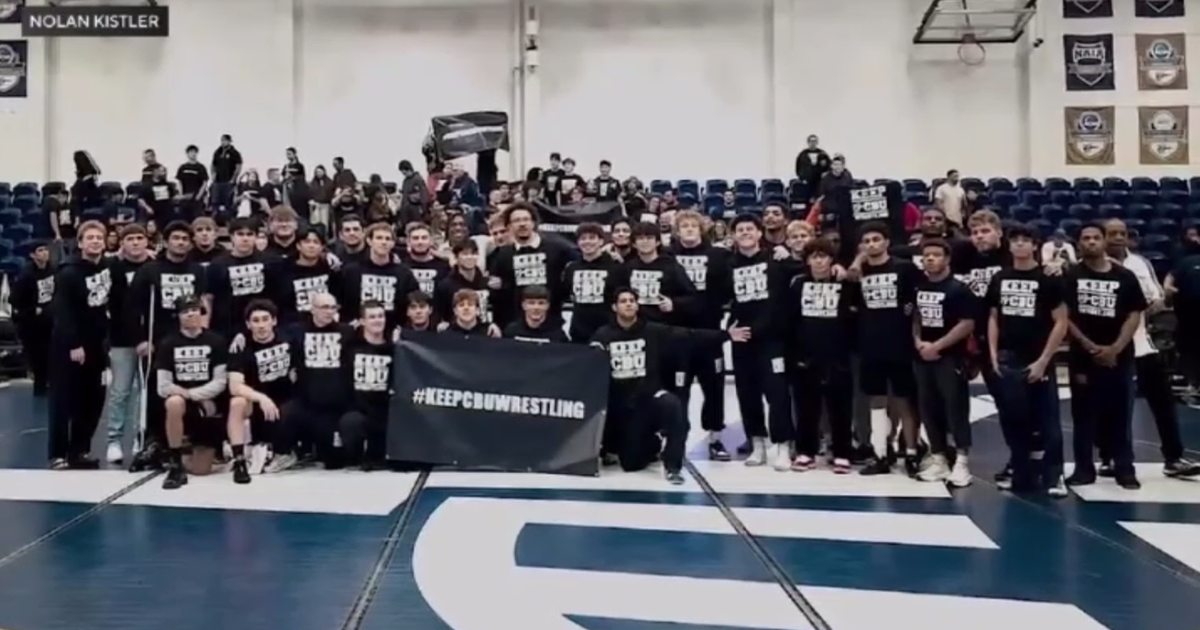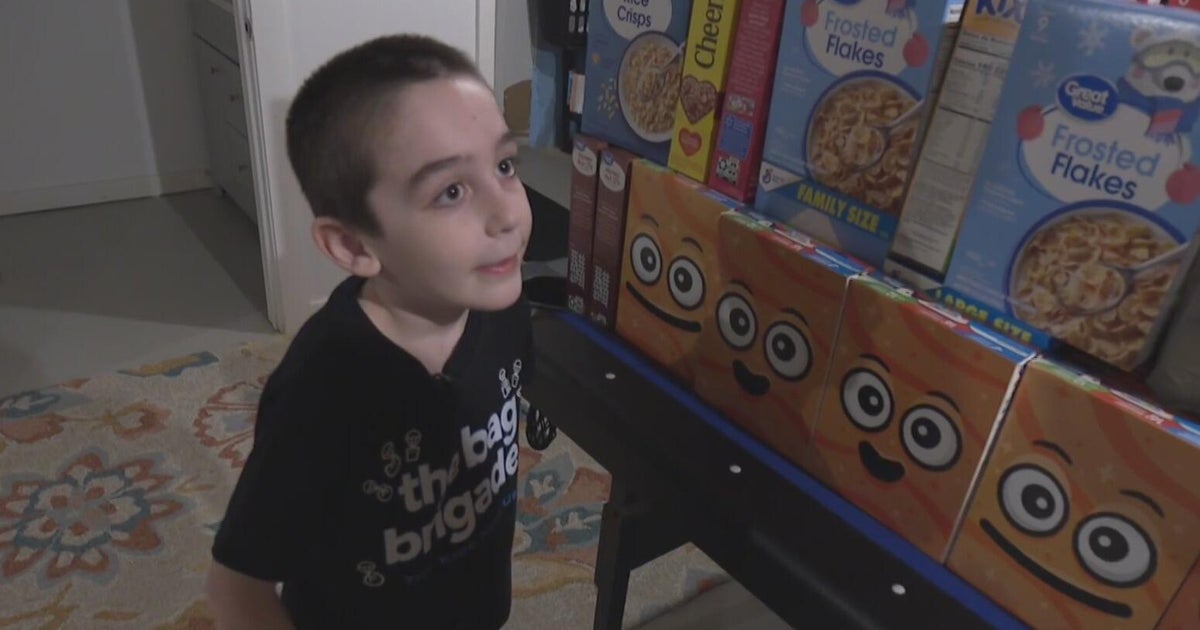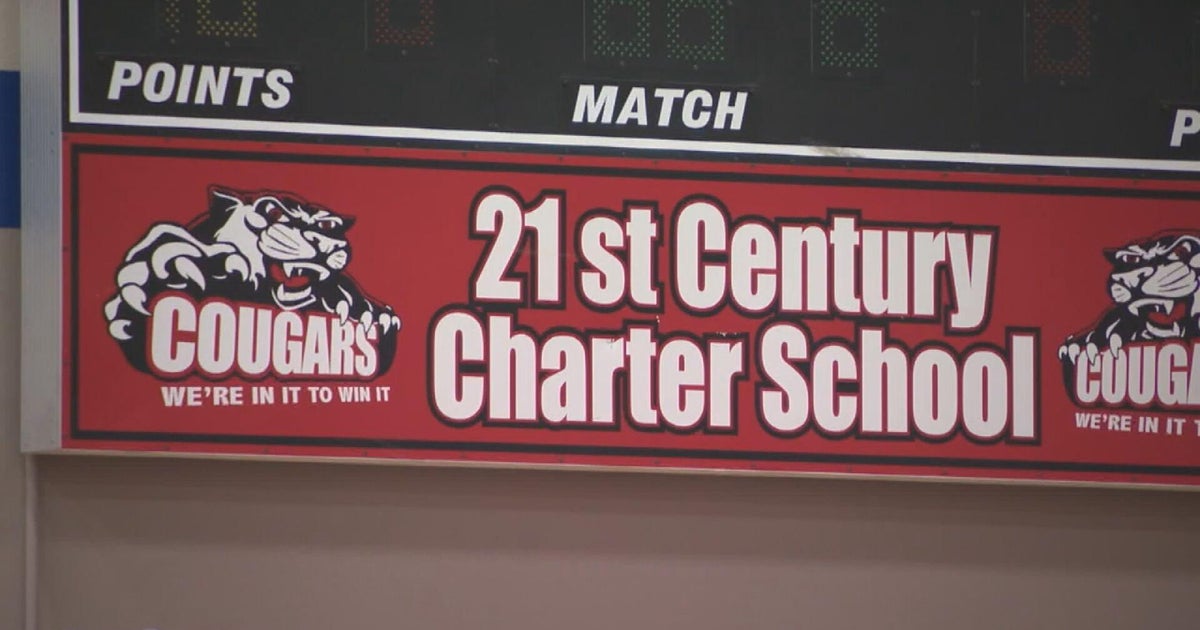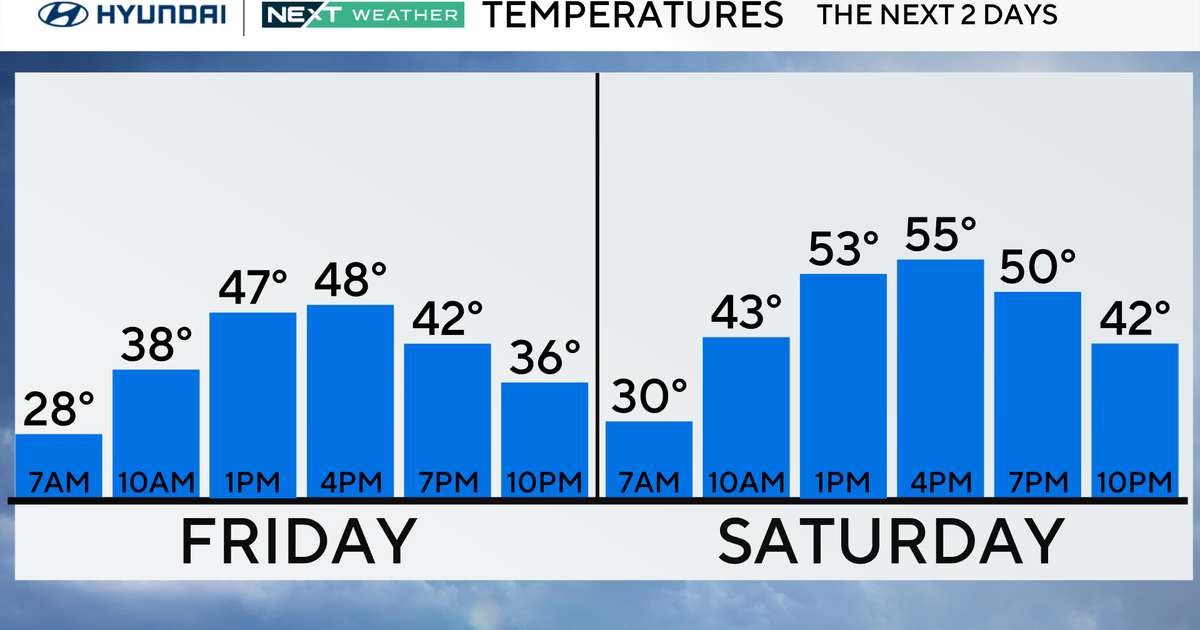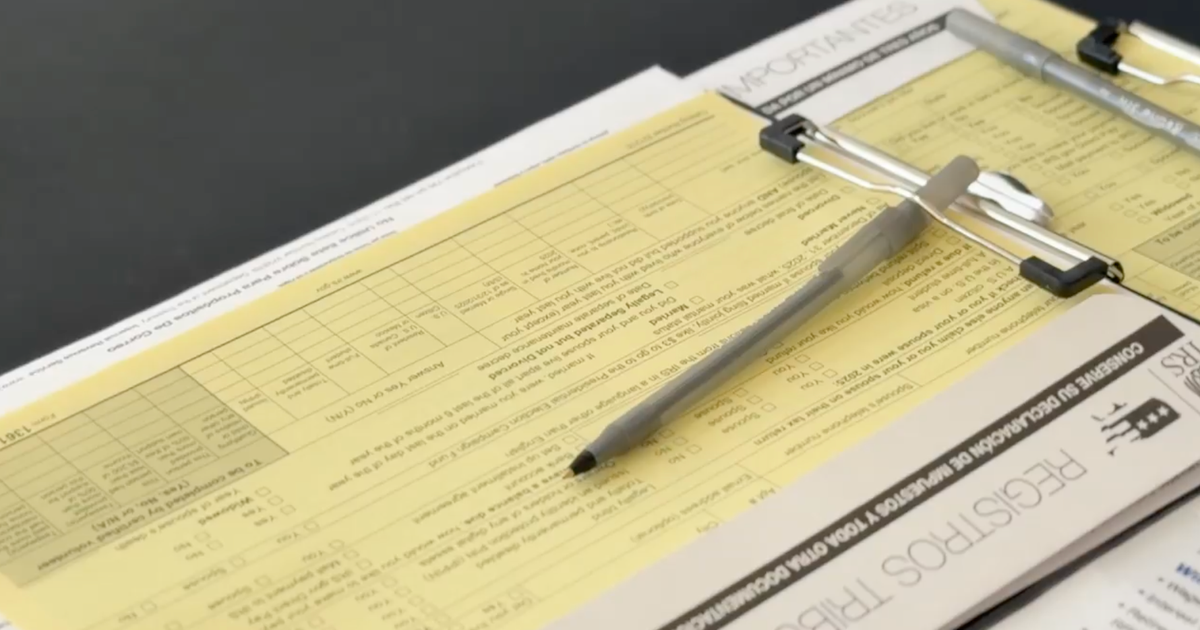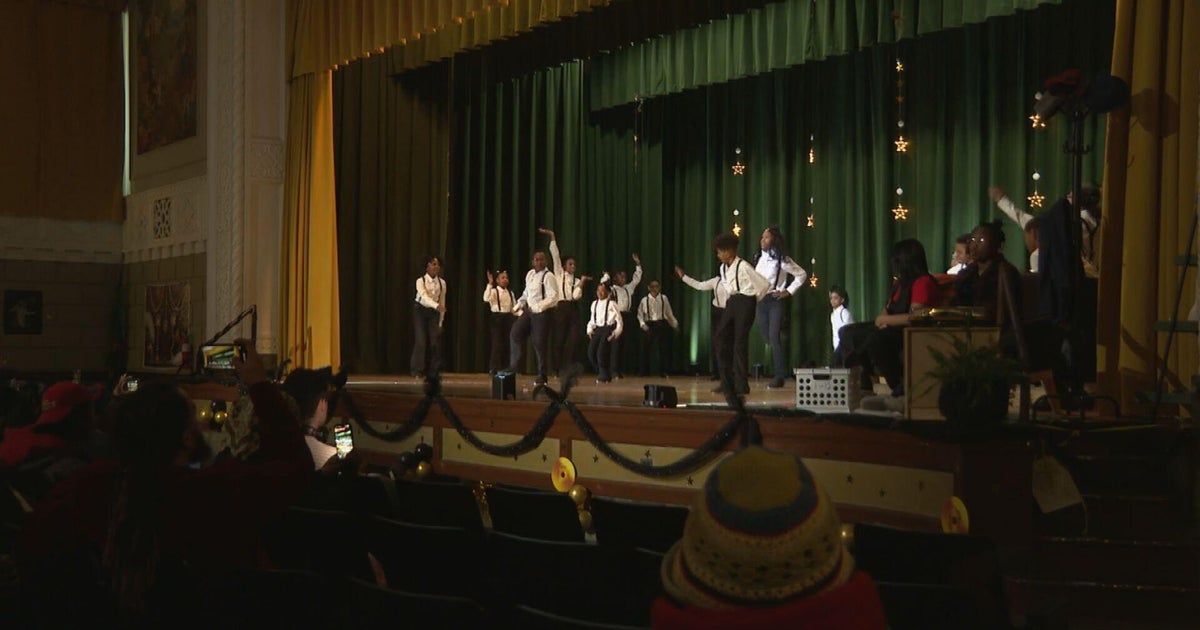Green Living For The School Year
The beginning of a new school year is here again. Kids give up swimming pools and afternoons in the sun for textbooks and days in the classroom. Parents get back some of their free time, even if it's only spent working and doing chores. Pretty soon, summer will become autumn, leaves will change color and fall from the trees and days will grow cooler. With change in the air, back-to-school time is the perfect opportunity to bring a little change to our lives, and help the environment in the process. We all know about recycling and conserving energy, but here are some useful green tips to help the planet—and our little corner of it—this school year.
Getting to and from School:
Many parents drive their kids to school and pick them up. While quick, convenient and often necessary, cars also pollute the environment. But there are ways to minimize the effects and save a few dollars in the process.
- Instead of idling in front of the school, emitting fumes and wasting gas, shut off the engine.
- Get together with friends and your kids' classmates and carpool.
- Leave the car in the driveway and walk or bike the kids to school.
School Lunches:
Breakfast may be the most important meal of the day, but lunch is a close second. A hungry student can't give their full attention to teachers. Parents can be smart, while helping their kids get smart.
- Avoid sandwich bags and plastic wrap that will end up in landfills. Put food in reusable tupperware whenever possible.
- Steer clear of packaged food that comes in individual servings. Buy items like yogurt or crackers in bulk and transport them to school in serving-size containers.
- Although straws are small, they can add up in landfills. Stainless steel straws are a little-known alternative, and are available online and in eco-friendly stores.
- When possible, use leftovers for lunches. This is a great way to avoid wasting food that may end up spoiling in your fridge.
- Pack lunches with organic and local foods and foods without added preservatives and hormones whenever possible. These foods travel shorter distances to get to you and contain fewer unhealthy additives.
- Encourage others to only use recyclable containers. Help create waste-free lunch days at school.
- Invest in a reusable water bottle to avoid packaged beverages and the waste they produce.
Classroom Supplies:
Nothing portends the end of summer like shopping for school supplies. Notebooks, paper, pencils and other tools derived from nature are necessary in the learning process. But there are ways to conserve while helping kids get ahead.
- Buy cardboard or canvas binders, which are biodegradable, instead of plastic ones.
- Get your kids recycled pencils and paper. There's even paper made out of elephant poop!
- Opt for crayons instead of markers, and white glue instead of epoxy.
- Teach kids to reuse scrap paper for drafting homework and working out math problems.
- When the teacher asks for classroom contributions, send in all-natural non-toxic items, such as antibacterial hand sanitizer, natural cleaning supplies and recycled paper tissues.
- Lobby for the school to become a paper-free school, with all information passed along via email.
- Suggest that the school provide links and/or workshops about eco-friendly practices in school and at home for teachers and parents.
School Clothes/Fashion
Kids outgrow clothes quickly, and they often want the latest trends. These costs can add up at back-to-school time, while last year's duds pile up in closets. Here are some clothing alternatives to ease the strain on the credit card and the planet.
- Shop for cool and unique used fashions at your local thrift shop.
- Make re-purposing cool by creating fashions that incorporate old clothes. For example, make shorts out of pants that are too short. Bring cool iron-on patches back and repair those jeans with holes in the knees. Make skirts out of jeans that are torn in the inner thigh by sewing the legs together. For older kids, cut out cute images from baby clothes to sew on top of stained t-shirts.
- Hold a clothing swap, in which people bring the clothes they don't want and exchange them for other people's clothes.
- Do your shopping online to avoid using your car and wasting fuel.
Back-to-school time is filled with teachable moments. Engage your kids in discussions about being green. Encourage them to shut off lights, computers and printers to reduce energy waste. Most importantly, practice earth-friendly behaviors yourself. Kids are always watching and learning, and parents are their most powerful teachers.
Alma Schneider is a licensed Clinical Social Worker helping individuals overcome their psychological and practical obstacles to cooking and parenting on her blog and consulting business, Take Back the Kitchen. She is a native New Yorker transplanted to the suburbs with her husband, four children and loving yet stubborn Beagle Shiloh.


